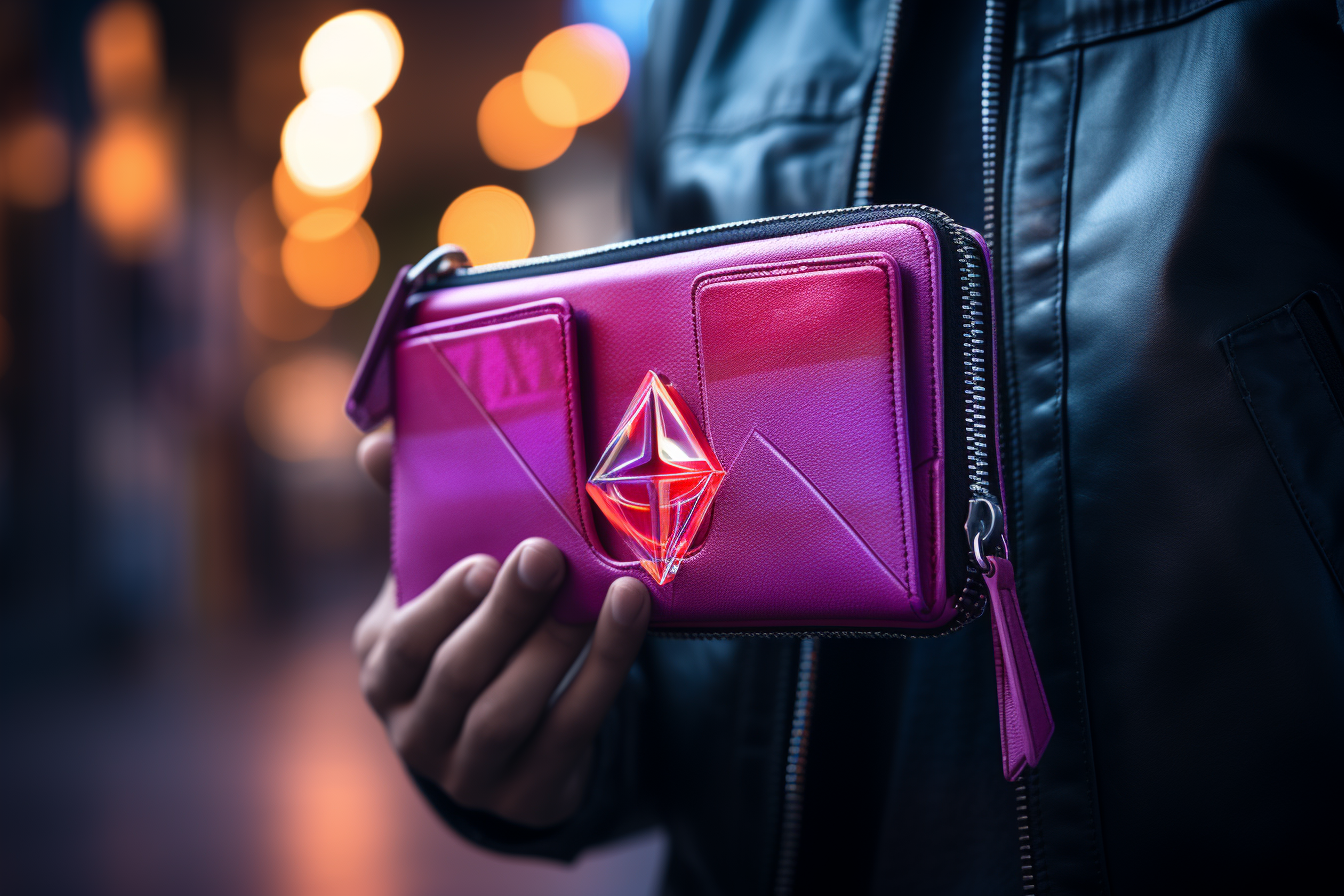share
Decentralized finance (DeFi) has gained tens of millions of users since its popularity surged a few years ago. With DeFi, people can do a lot. Some people are eager to get their hands on brand-new coins. Some people choose to stake prizes in order to generate passive income. Some even want to use DeFi as a platform for lending or borrowing funds.
Many of them use DeFi wallets to do all of these things. But what are DeFi wallets? Are they safe?
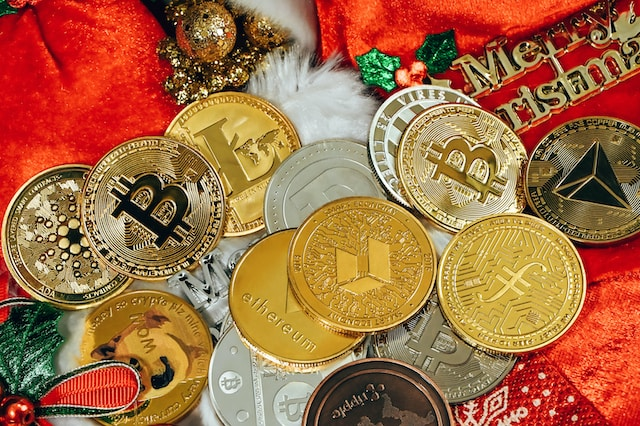
A DeFi Wallet: A Brief Look
To access DeFi apps, you need a DeFi wallet, which is a crypto wallet. Their primary use case is as a repository for digital assets, particularly ERC-20 and NFTs. Plus, they link users to DeFi-related Web3 applications.
One distinctive feature of DeFi wallets is self-custody, which means that users retain full authority over the assets. This generally stops authorities, businesses, or any other centralized power from freezing or gaining entry to the funds.
You may install this kind of self-custodial wallet on your laptop or mobile device. It will establish a private key and an extra seed phrase. You ought to keep them somewhere so no one else knows where you keep them.
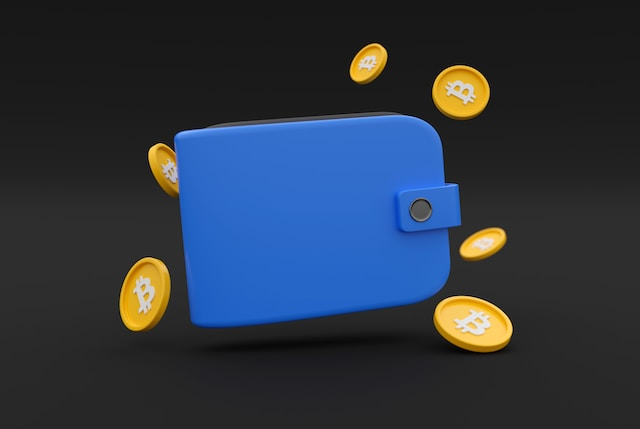
Main Categories of DeFi Wallets
Although you could categorize DeFi wallets in some different ways, there are basically two main categories: Software and hardware.
Software/Hot Wallets
Most people who use DeFi first get a free app or computer plugin. MetaMask is one of the most famous names in this group. After that, people log in to dApp via a browser or the QR code through their mobile device. Having said that, because you are online, the safety of the wallet is based upon the personal device used to connect.
Hardware/Cold Wallets
The cryptocurrency is stored offline in these wallets. While you’re busy with transactions, they may remain online, but they automatically go offline after the deal is complete.
Hardware wallets, which are considered cold wallets because they operate offline, provide better security, while hot wallets make it easier and more convenient to use multiple DeFi networks from various devices.
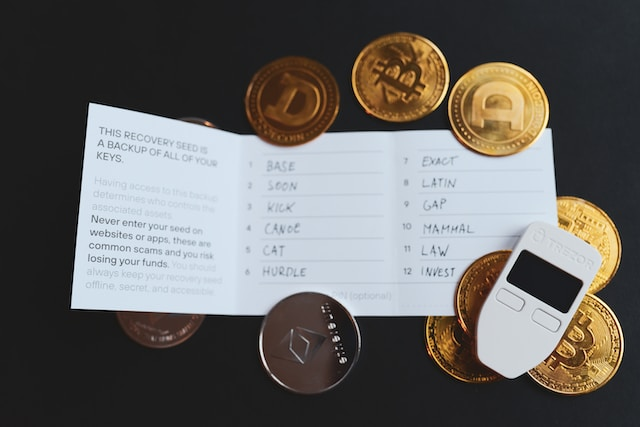
Are DeFi Wallets Safe?
It largely depends on the wallet itself. However, public-key cryptography is the standard method by which DeFi wallets guarantee security and anonymity. To access the wallet, you have to have a private key that matches the public key – the wallet address.
The private key is only used to authorize deals, whereas the public key may be freely shared. It’s the same as giving someone your debit or credit card number but keeping the PIN secret.
There are several other standard security measures that any reliable wallet should have:
Multi-factor Authentication (MFA)
With this type of security mechanism, you can log in to your wallet with an additional layer of protection by supplying two or more verification methods. Typically, this calls for a trifecta of factors: credentials (like a password), a token, and an ID (like a fingerprint).
With MFA available on top DeFi wallets, it’s far more difficult for hackers to break in and take your valuables.
Biometrics
Fingerprint and face recognition are two examples of biometrics that you may use to determine who can enter the wallet. Those who have iPhones and utilize Apple’s Face ID feature may restrict access to situations when the device scans and verifies a match with the user’s face.
There’s an option similar to this on premium Android smartphones as well. Even though they lack face recognition features, fingerprint scanners are common on average Android smartphones and older models of the iPhone.
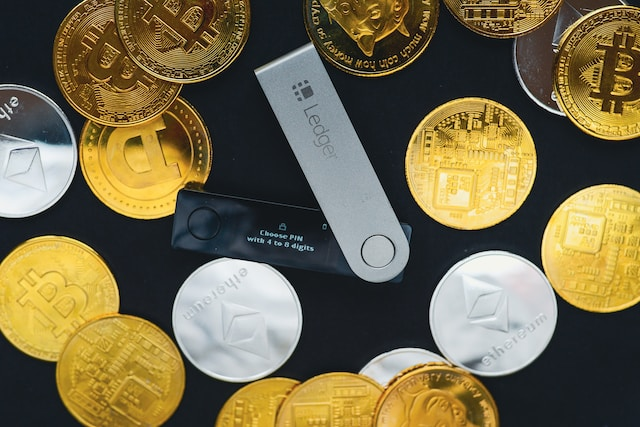
Integrating Hardware Wallets
When you’re not online, hackers and phishers can’t get to your secret keys because they are stored safely in hardware wallets. To keep your login credentials secure, the best DeFi wallets work well with hardware wallets like Ledger, so you can keep your money offline and access it from any computer.
Transparent code
The DeFi community places a premium on openness, and an open-source wallet makes that code accessible to everyone. Users, as well as programmers alike, may check the wallet’s safety, find flaws, and provide fixes in this way.
With open-source code, users can see exactly how a DeFi wallet is protected, and developers keep making improvements and adding new features.
Security Updates
New security risks and weaknesses are inevitable in the ever-evolving DeFi space. A reliable DeFi wallet must have a reliable team that is always fixing bugs and adding new features to the app. A trustworthy and safe wallet will always strive to improve.
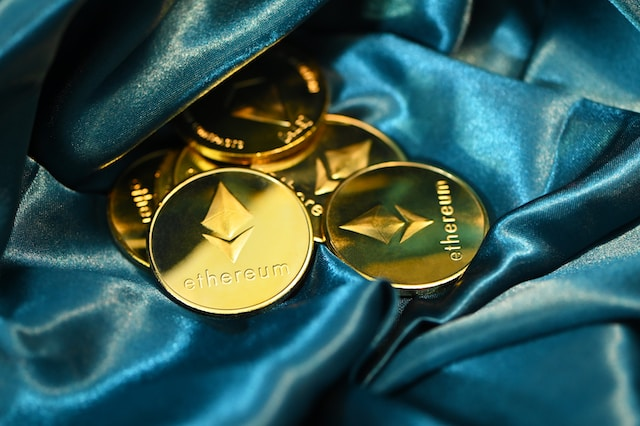
Pros & Cons of DeFi Wallets
So now you know what these wallets are and how they can keep your assets secure. But, in order to make sure that you make an informed decision, you need to look at both sides of the coin. You need to see the benefits as well as the risks of using these wallets.
#1 Benefit: Full Custody of Your Assets
Having complete custody of the coins is a major selling point for these wallets. Those in crypto for a while have heard the term “Not your key; not your coins.” This term is crucial for token security in crypto’s unstable financial climate.
A centralized exchange stores coins for you and maintains control. Though comforting, DeFi wallets offer you back control over your assets, which is the best choice for most users.
#2 Benefit: Stable Access
Conventional centralized exchanges have a major drawback when it comes to busy trading hours: they are often overwhelmed and crash under the weight of all simultaneous trades, leaving users waiting for the server to restart.
DeFi wallets provide you quick access to decentralized exchanges, eliminating this issue. DEXes can manage significantly more trade activity without going down than CEXes, which are locally hosted and unstable. If you store cryptocurrency in a DeFi wallet, you can be certain that you will never miss a trade.
#3 Benefit: No Permissions
DeFi provides unrestricted access to its entire range of protocols. This is in contrast to conventional systems, which have several barriers to key financial services. DeFi offers quick access to all of these networks without requiring identification verification or private data, allowing you to perform any activity you want.
DeFi wallets offer a lot of flexibility, but they also come with some risks that you must consider when using them.
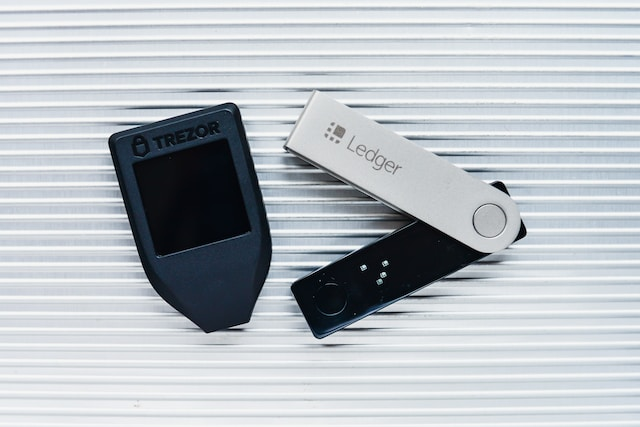
#1 Risk: Uncertain Future
One major problem with DeFi is that there is a lot of unpredictability across the board. DeFi is still new, and governments have failed to regulate the sector fully. Who knows whether the new laws will benefit this space? You still shouldn’t put all your eggs in a digital wallet that has almost no control because, well, you don’t want to lose everything.
Of course, some tech leaders are legitimizing the space by connecting the centralized and decentralized systems.
#2 Risk: Scalability
The second issue with DeFi is that blockchains are having trouble scaling. Ethereum (ETH), the most popular DeFi platform, is now experiencing this problem; transactions can reach three or four figures, and your trades might wait in line for longer than you’d want due to sluggish processes.
Investors must be quick to keep up with the lightning-fast crypto business.
#3 Risk: No Coverage
Even though DeFi wallets give you control over your assets, you should know that this comes with certain risks because you won’t have any insurance coverage from a legitimate organization like a bank. In the DeFi space, there are not that many safety nets.
Hence, you should know better than anybody else how to protect your own cryptocurrency. Sending it to the incorrect address or providing your account information to an abusive person puts your assets at risk, with no possibility of recovery.
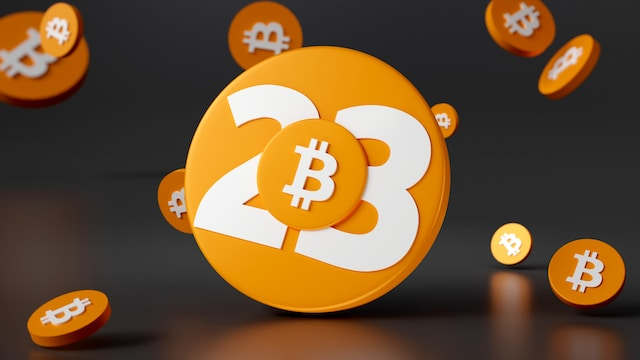
What You Can Do with a DeFi Wallet
You need a wallet that isn’t held by a third party in order to use DeFi apps. There are a lot of things you can do with one once you have one, like:
Token Exchange
When you have this type of wallet, you can exchange tokens using DEXs. Compared to CEXs, this method is less expensive and more efficient. Opening an account or undergoing KYC verification is not necessary. Except for Bitcoin and other coins that work with PoW chains, you may exchange ERC-20 tokens and other coins.
Offer Liquidity
You may earn money by providing liquidity on DEXs besides trading on them. DEXs use pools built on smart contracts to function as automated market makers (AMMs). You may deposit tokens in certain liquidity pools. Doing so will let you get a share of the total fees collected.
Yield Farming
Yield farming includes using techniques like lending (where people hold coins for a set amount of time to earn benefits in DeFi) and liquidity offering on DEXs. If you have access to several DeFi apps and blockchain systems, you may develop complex yield farming strategies.
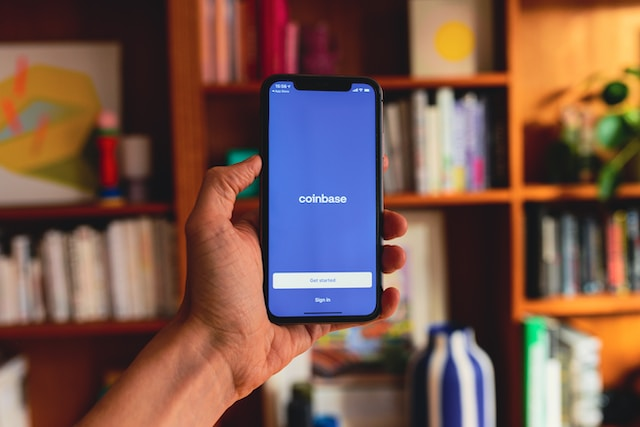
Top 3 DeFi Wallets
Having efficient and secure wallets is becoming more important as the DeFi scene is changing at a fast pace. Some of the best DeFi wallets are listed below:
Coinbase
Capitalizing on its status as a top crypto platform, Coinbase Wallet provides an intuitive UI along with strong security measures.
Clients have full command over private keys, which is a self-custody option that you don’t see on the Coinbase site. It also has a dApp browser built right inside the app, so you can access all your favorite platforms without ever leaving the wallet.
MetaMask
Many people trust MetaMask since it is one of the most famous DeFi wallets. With its support for a large number of blockchains, it allows for easy integration with a wide range of decentralized apps.
Thanks to its intuitive design, MetaMask makes it easy to manage many cryptocurrency wallets from just one extension.
Android and iOS users may also download the etaMask mobile app. Similar to the web browser extension, the smartphone app lets users safeguard their cryptocurrency holdings, link up with dApps, and make trades.
Trust Wallet
This mobile wallet supports more than seven million different cryptocurrencies and is used by millions of individuals across the globe. Being compatible with a wide variety of blockchains, this platform is a top choice for many users.
The “Trust dAapp browser,” a working Web 3.0 browser that allows people to access a broad selection of dApps, is a major impressive upside to this wallet.
With the specific staking mechanism in the Trust wallet, you may stake a variety of popular tokens, with some offering annual yields of over 10%.
Additionally, the platform offers NFT compatibility, allowing users to buy and keep them for long-term gain.
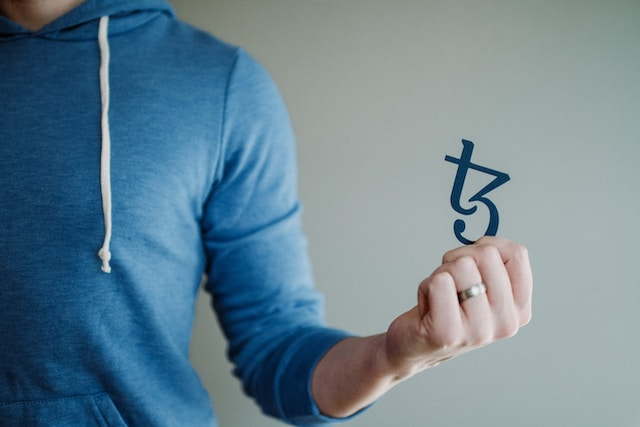
Finding the Right Wallet
Besides being non-custodial, you need a DeFi wallet that can offer you maximum privacy while working well with different platforms. Plus, an expert support team wouldn’t be so bad. Here are some vital components that any reliable wallet should have:
- Security & privacy: You are solely responsible for configuring your DeFi wallet. Use MFA to safeguard your preferred wallet. An inbuilt web3 browser and the ability to filter Dapp transactions to identify potential risks are essential features of a smart DeFi wallet. Make sure the DeFi wallet safeguards your privacy by not asking for any sensitive data. This will keep you safe from phishing attempts and real-life threats in the event that the database is compromised.
- Interoperability: Pick a trustworthy wallet that has been around for a while and works with your favorite blockchain. To make asset transfers between blockchains even easier, it would be fantastic if it could link to other chains like MetaMask.
- Expert team: Can you trust the people behind your DeFi wallet, and is their code available for everyone to see, analyze, and fortify? As said before, transparency is a major element in the security of your wallet. On top of that, you need these experts to constantly look for new risks and release updates to keep your assets safe.
- Features: This one is a no-brainer because a wallet is no good without proper features. You deserve a loaded, user-friendly DeFi wallet that supports the top apps and networks in the business.
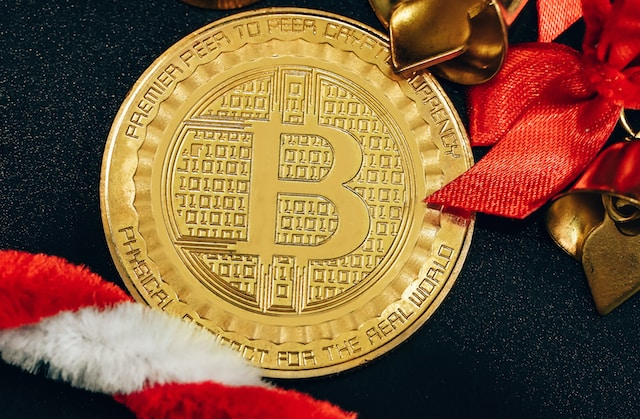
Bottom Line
Protecting your anonymity and maintaining complete control are fundamental principles of crypto culture. With a DeFi wallet, you may access the riches of the crypto industry and its newest breakthroughs before they become common.
As the DeFi industry develops, there are new dangers to watch out for, such as phishing. More than anything, this requires knowledge and industry-related information.
You can tap into our vast, rich source of information and even get in touch with our experts! Start learning!
